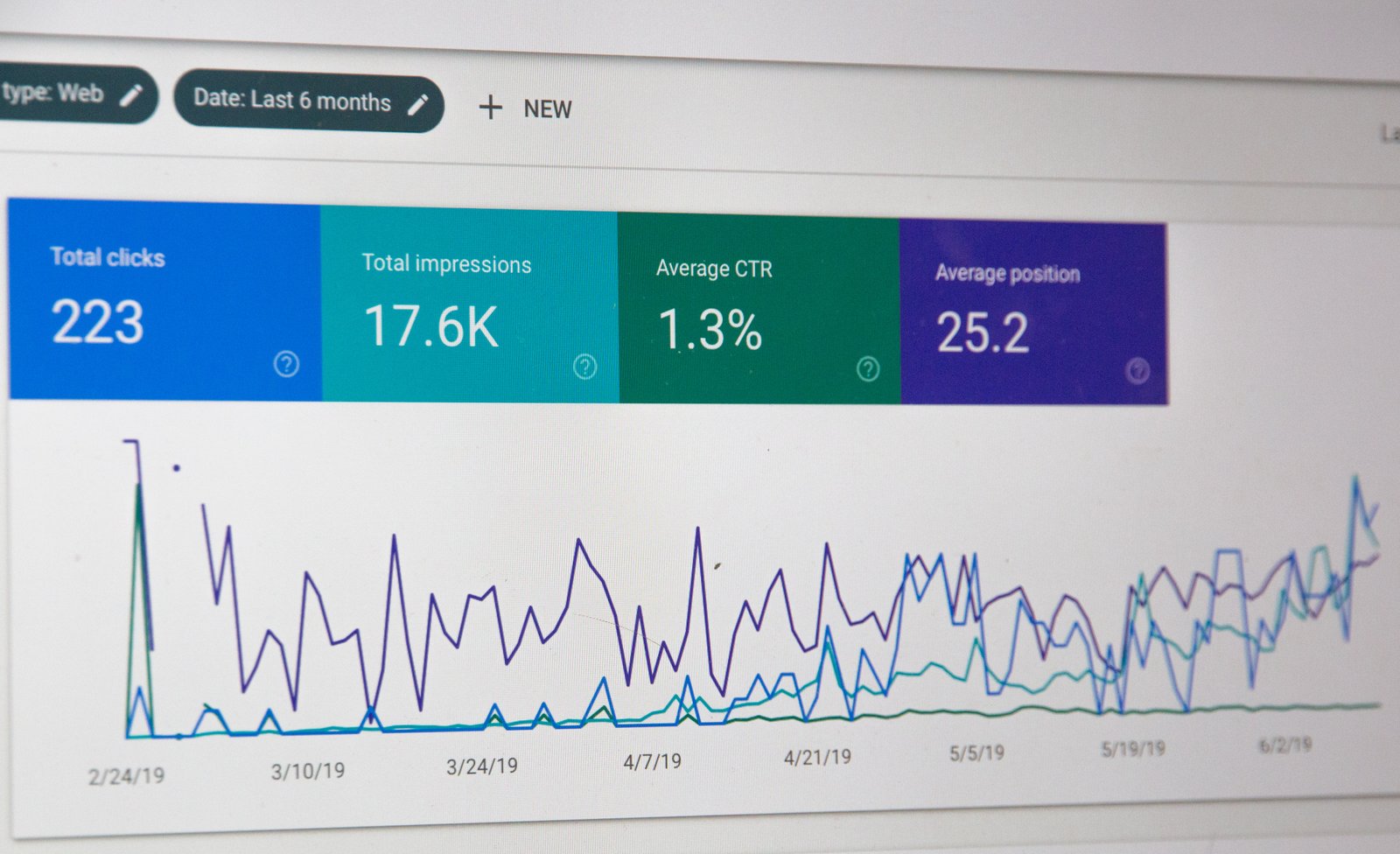A niche in affiliate marketing refers to a specific topic or theme that an affiliate marketer focuses on when promoting products or services. A niche can be anything from fitness and health to beauty and fashion, and it helps affiliate marketers to identify and target a specific audience.
One of the main benefits of focusing on a niche in affiliate marketing is that it allows you to become an expert in a particular area. This can help you to build trust and credibility with your audience, which can ultimately lead to higher conversion rates and more successful affiliate marketing campaigns.
When choosing a niche, it’s important to consider your interests and passions as well as the potential profitability of the niche. You want to choose a niche that you are knowledgeable and passionate about, as this will make it easier for you to create content and promote products related to that niche.
It’s also a good idea to research the competition in your chosen niche. This will help you to understand what other affiliates are doing and what strategies are working well for them. You can then use this information to tailor your own marketing efforts and stand out from the competition.
In addition to choosing a profitable niche, it’s important to also consider the products or services you will be promoting. Look for products that are high-quality and have a good reputation, as this will make it easier for you to promote them to your audience and build trust.
Overall, choosing a niche in affiliate marketing is an important step in building a successful affiliate marketing business. It allows you to focus your efforts and become an expert in a particular area, which can ultimately lead to higher conversion rates and more successful campaigns.



Type of affiliate marketers
There are several types of affiliate marketers, and which type you are will depend on your goals and the strategies you use to promote products or services. Some common types of affiliate marketers include.
Bloggers: Bloggers are often affiliated with companies that offer products or services related to their blog’s topic. They may write reviews, create tutorials, or promote products through sponsored posts or banner ads on their blog.
Influencers: Influencers are individuals who have a large following on social media or other platforms. They may promote products or services to their followers through sponsored posts, product placements, or affiliate links.
Content creators: Content creators produce content for websites or platforms, such as YouTube videos or podcasts. They may include affiliate links in their content or use sponsored content to promote products.
E-commerce store owners: E-commerce store owners may use affiliate marketing to promote products on their own online store or through other e-commerce platforms, such as Amazon or eBay.
Affiliate networks: Some affiliate marketers work with affiliate networks, which are companies that connect affiliates with merchants. Affiliate networks may provide tools and resources to help affiliates promote products and track their performance.
Regardless of which type of affiliate marketer you are, the ultimate goal is to promote products or services and earn a commission for each sale or lead generated through your affiliate marketing efforts.
Type of affiliate marketing
There are also several types of affiliate marketing, and which type you choose will depend on your goals and the strategies you use to promote products or services. Some common types of affiliate marketing include:
Pay-per-sale: In pay-per-sale affiliate marketing, affiliates earn a commission for each sale made through their affiliate link. This type of affiliate marketing is often used by e-commerce stores and other businesses that sell physical or digital products.
Pay-per-lead: In pay-per-lead affiliate marketing, affiliates earn a commission for each lead (such as a sign-up or registration) generated through their affiliate link. This type of affiliate marketing is often used by businesses that offer services, such as insurance or travel.
Pay-per-click: In pay-per-click affiliate marketing, affiliates earn a commission for each click on their affiliate link. This type of affiliate marketing is often used by businesses that offer online advertising or other digital products.
Cost-per-action: In cost-per-action affiliate marketing, affiliates earn a commission for each specific action (such as a purchase or subscription) taken by a user through their affiliate link. This type of affiliate marketing is often used by businesses that offer subscription-based products or services.
Cost-per-impression: In cost-per-impression affiliate marketing, affiliates earn a commission each time their affiliate link is displayed to a user, regardless of whether or not the user clicks on the link. This type of affiliate marketing is often used by businesses that offer display advertising or other types of digital media.
Overall, the goal of affiliate marketing is to promote products or services and earn a commission for each sale or lead generated through your efforts.
Advantages of Affiliate Marketing
- Low startup costs: One of the main advantages of affiliate marketing is that it requires relatively low startup costs. All you need is a website or social media presence to start promoting products or services.
- Passive income potential: As an affiliate marketer, you can earn passive income by promoting products or services and earning a commission for each sale or lead generated.
- Flexibility: Affiliate marketing allows you to work from anywhere and set your own schedule. This can be especially beneficial for those who want the freedom and flexibility to work on their own terms.
- Wide range of products and services: There are many companies that offer affiliate programs, so you have a wide range of products and services to choose from when promoting as an affiliate.
Disadvantages of affiliate marketing
Competition: Because affiliate marketing is relatively easy to get into, there is a lot of competition. This can make it difficult to stand out and attract a loyal audience.
Lack of control: As an affiliate marketer, you don’t have control over the products or services you promote or the affiliate program’s terms. This can make it challenging to adjust your marketing efforts if something changes.
Payment delays: Some affiliate programs have payment delays, which can be frustrating for affiliates who are counting on timely payments.
Limited earning potential: The earning potential in affiliate marketing can be limited, especially for beginners. Building up a loyal audience and generating consistent sales or leads takes time and effort.

